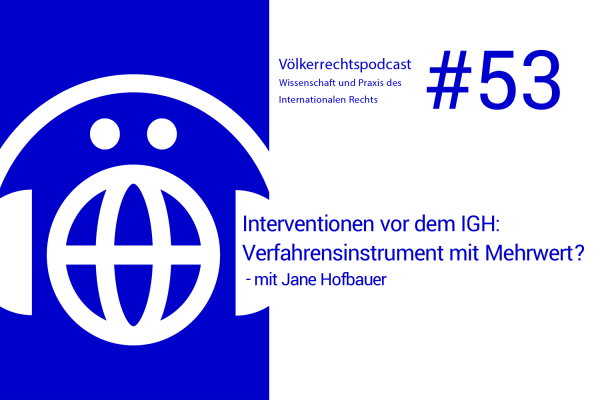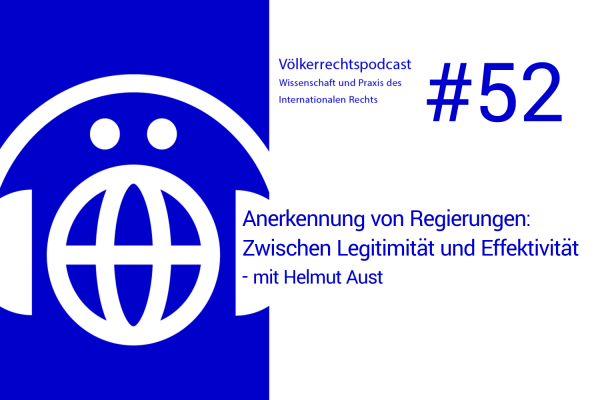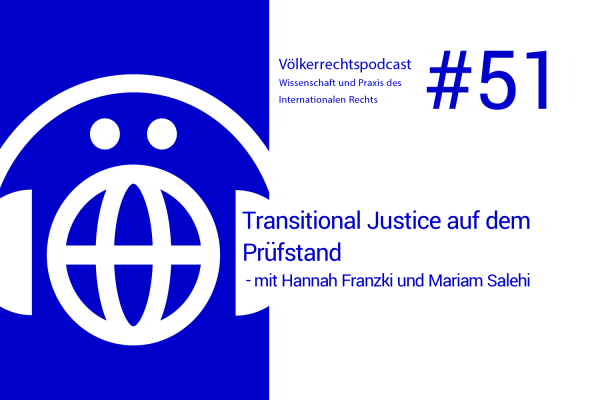- En
- De
Participate
Louisa Hadadi studied law with a specialization in public international and EU law at Universität Hamburg, Universidad de Chile and China-EU School of Law. Currently, she pursues an LLM in international criminal law at Universiteit van Amsterdam and Columbia Law School, which is funded by a scholarship from the German Academic Exchange Service (DAAD). She is also one of two DGVN youth observers to the upcoming session of the UN Commission on the Status of Women. Her research interests include critical approaches to international law, international criminal law and human rights law.







